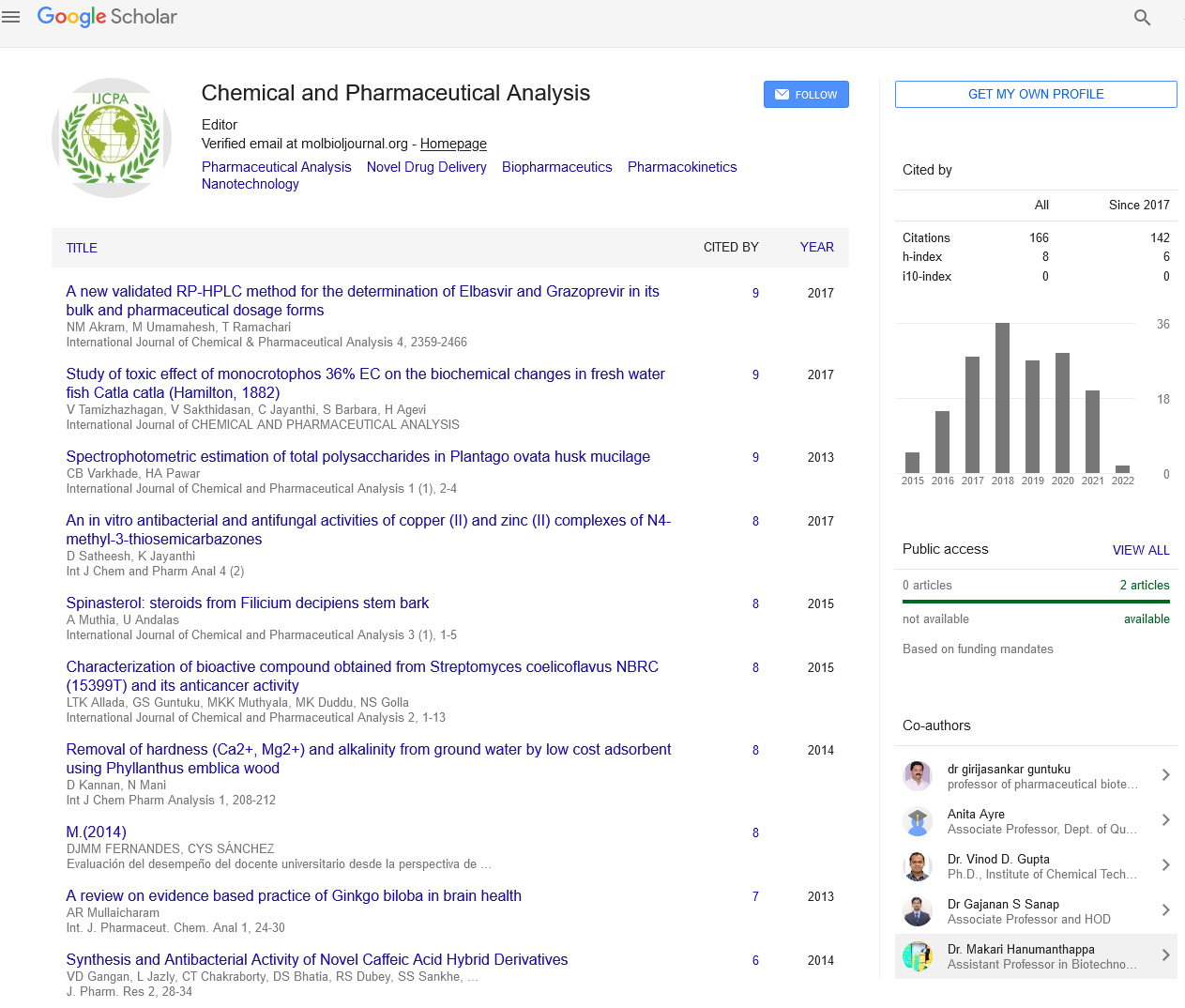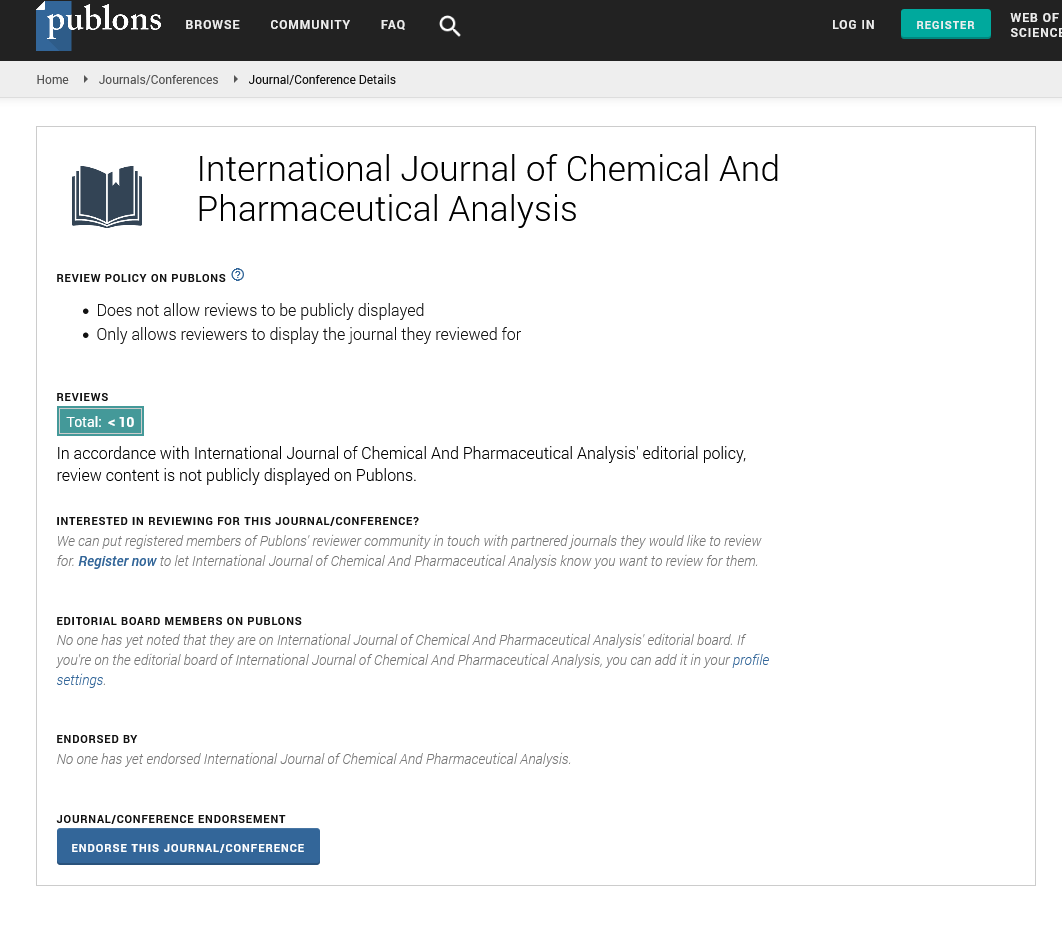Abstract
Author(s): Ashish Mukherjee*, Manvi Sharma, Savita Latkar, Priya Maurya
Phoenix dactylifera, commonly known as date or date palm, is a flowering plant species in the palm family, Arecaceae, cultivated for its edible sweet fruit. Dates are very rich in nutritive components, viz., carbohydrates, fats, minerals, protein, vitamins and dietary fibres. Dates are of two types Unpitted and pitted. Pitted dates are fruits that had their stones removed. Pitted dates without the pit are loaded with natural sweetness and can be used for noshing or baking. Pitted dates are firm, easy to chop up and can be used in variety of recipes. They can be stuffed with various fillings such as nuts (walnuts and almonds). The dates are directly consumed without any processing. Exposure of heavy metals to human beings has risen dramatically in the last 50 years. In today’s urban and industrial society, there is no escaping from exposure to toxic chemicals and heavy metals. Humans are more likely to be exposed to heavy metal contamination from the dust that adheres to edible plants than from bioaccumulation. The objectives of this study was to determine the concentrations of lead (Pb) and copper (Cu) in Unpitted and Pitted dates received from different parts of India and also to assess whether the fruits were safe for human consumption. Out of 50 samples of unpitted dates, only 12 samples were showing low level of Lead (Pb) ranges from 0.0093 ppm to 1.9516 ppm. As per FSSAI, the maximum permissible limit in “food not specified category “is 2 ppm (max.). Out of 51 samples of pitted dates analyzed, 9 samples were showing low level of Lead ranges between 0.0018 ppm to 0.2461 ppm. It clearly indicates that all the samples were found to contain Lead (Pb) within the permissible limit as specified by FSSAI. Out of 50 samples of Unpitted dates analyzed, 8 samples were containing low level of Copper (Cu) content ranges from 0.0043 ppm to 1.9038 ppm. In case of pitted dates, 10 samples were found to contain Copper (Cu) content ranges from 0.0089 ppm to 0.128 ppm. As per FSSAI, the maximum permissible limit in “foods not specified category” for Copper (Cu) is 30 ppm. It clearly indicates that all the samples were found to contain Copper (Cu) within the permissible limit as specified by FSSAI. The fruits of date palm are safe for human consumption. The concentration of Lead (Pb) and Copper (Cu) in all the dates samples (both unpitted and pitted) collected from different regions of India is within the safe limits as prescribed by FSSAI.




